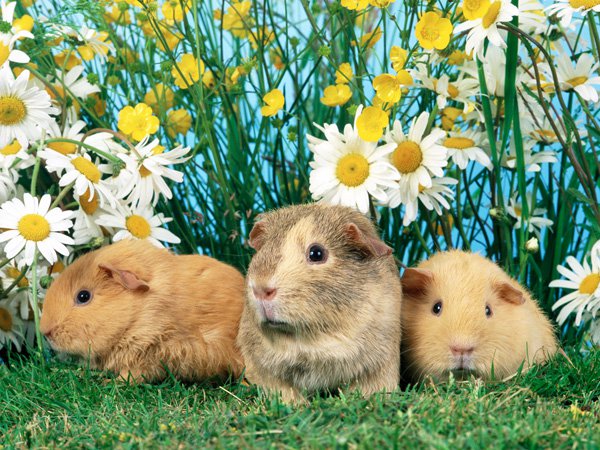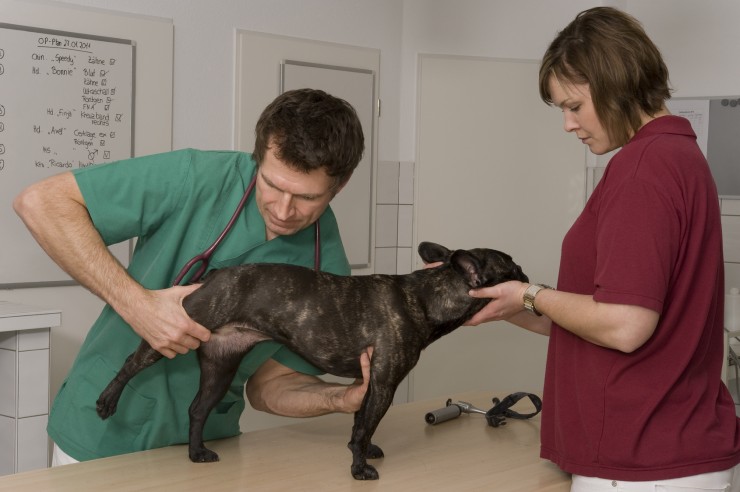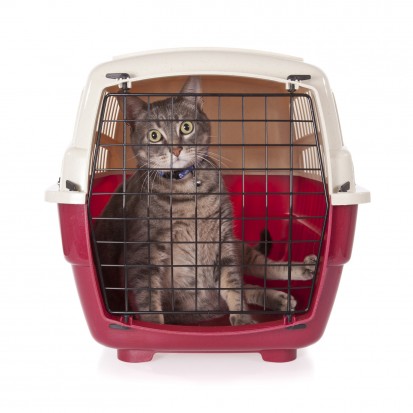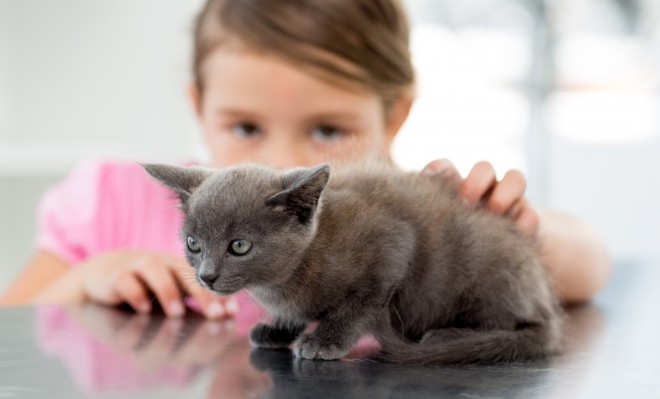

All of us have faced grief at some point of our lives, over the loss of a friend, a family member or beloved pet. We all know how badly grief can affect us, and how hard it can be to return to something resembling happy and normal for us, and dogs are just the same.
Dogs often feel grief very deeply over the loss of a beloved family member, other dog or even another pet such as a cat that they were close to, and knowing that your dog is grieving and unhappy can be very upsetting for their owners to witness. If your dog is grieving, often, this natural process is relatively short-lived, and their mood will begin to improve over time. However, if your dog is badly affected by their grief or doesn’t appear to be coming out of it, you may be wondering what you as their owner can do to ease their transition.
Read on to learn more about some ways that you can help and support a dog that is grieving.
A dog that has a lot of time to themselves with nothing but their thoughts for company will likely grieve and be rather morose for much longer than a dog that has plenty to do. This is particularly likely to be the case if the missing family member or pet was someone that spent a lot of time with your dog, and that your dog relied on for company an entertainment.
Spend plenty of time with your dog offering them support and the companionship that they might be missing, and try to find interesting things to do with your dog that will help to provide them with a new interest and a new outlet for their energies, such as interesting walks, play and games, or learning new training commands.
Dogs do not thrive in a state of upheaval, and when changes need to occur within the household, you should introduce them gradually, one at a time. The loss of an owner or companion is of course one such example of upheaval, so while your dog is grieving, ensure that nothing else that they have come to rely on changes as well.
Make sure that they are still fed and walked at the same times, and that they can feel secure and confident in the everyday routine of the household.
If your dog’s grief is directed at the loss of a fellow dog, they will not only be missing their pal but also acutely feeling the shift in terms of their dynamic within the pack. If the lost dog was the alpha, your remaining dog may feel rather lost without having the more dominant dog to look up to, as well as feeling the loss of one of their pack members. Work to boost your dog’s confidence and sense of security about their role within the home, and if you have other dogs or animals too, expect that it will take a little time for the new arrangement of your pets to fall into their natural pack order.
After a dog or person has died, the memory and scent of them will still linger for some time within the home. Scent is of course the most evocative of all of our senses, and this is especially true for the dog, whose sense of smell is much keener than our own.
Remove or wash any bedding, clothing or other items from the home that strongly retain the scent of the deceased dog or person, to avoid leaving a constant reminder of their smell, which can be both evocative and confusing for your dog once that person or dog is no longer there.
If your dog is grieving for the loss of a canine companion, you will find yourself faced with the difficult dilemma of whether or not you should consider getting another dog, and if so, at what stage. It is unwise to go straight out and get another dog within a few days of the loss of the prior one, as your dog and your household will need time to adjust to life without the other dog, and to establish its new status quo; this goes back to my earlier comments about not making any more than one change to the household at a time.
However, you should observe and take cues from your own dog about when and if they are ready to share their home with a new pal; if your dog seems lonely on their own and is very keen to play and socialise with other dogs that they meet when they are out, then getting them a new friend might be a very positive thing for your remaining dog.
However, don’t feel that getting a new dog is an instant cure-all for your existing dog’s grief; just as a new dog will not remove or replace your own memories of the lost dog, so too will your remaining dog need to go through their own grieving process for the loss of their old friend.
 Regular Shih Tzu Grooming Prevents Health Problems For The Breed
Regular Shih Tzu Grooming Prevents Health Problems For The
Regular Shih Tzu Grooming Prevents Health Problems For The Breed
Regular Shih Tzu Grooming Prevents Health Problems For The
 Hip Dislocation In The Dog
Hip Dislocation I
Hip Dislocation In The Dog
Hip Dislocation I
 Getting Your Cat To Accept A Cat Carrier
Getting Your Cat
Getting Your Cat To Accept A Cat Carrier
Getting Your Cat
 Frontline plus is highly recommended to kill ticks parasites
Kill ticks this summer by using flea and tick control medici
Frontline plus is highly recommended to kill ticks parasites
Kill ticks this summer by using flea and tick control medici
 Getting Children Involved In Cat Care
Getting Children
Getting Children Involved In Cat Care
Getting Children
Copyright © 2005-2016 Pet Information All Rights Reserved
Contact us: www162date@outlook.com